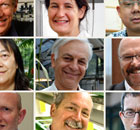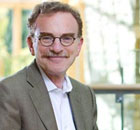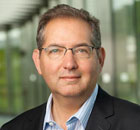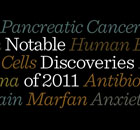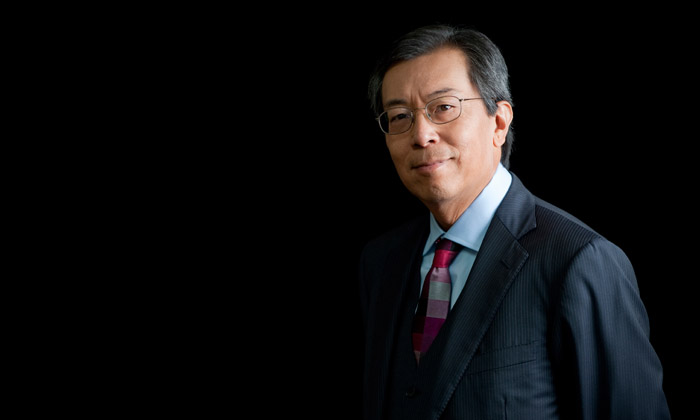
From the President
My colleagues and I at the Howard Hughes Medical Institute deal with an inherent tension as we go about our work. We seek to catalyze innovation and creativity in biomedical research and in the teaching of science. Yet we place an equal, if not greater, value on the Institute’s sustained commitment to people, programs, and entire fields of research over a period of many years.
These may seem like competing aims, but they are not. Indeed, one of HHMI’s greatest strengths derives from balancing experimentation and investment in new activities with a willingness to provide patient, long-term support. The challenge comes in knowing when to step into a new area and discerning when a field has achieved sufficient maturity that HHMI can safely reduce its investment.
Structural biology is a good example. More than 20 years ago, we gave the field a jump-start by building infrastructure, supporting courses for scientists at places like the Cold Spring Harbor Laboratory, and identifying promising structural biologists, many of whom were early in their careers. Today, structural biology is well established and our investments have yielded spectacular results. We can therefore strive to repeat this experiment with other fields of research.
Plant science is another example, albeit with a different twist. This year, in collaboration with the Gordon and Betty Moore Foundation, HHMI selected 15 outstanding scientists who work on a range of important biological questions using many different plant systems—everything from algae to tomatoes. Clearly, scientists have long understood the importance of fundamental plant research, but funding agencies have overlooked its value and potential for human health and well-being. HHMI and the Moore Foundation made an investment that we hope will accelerate a seminal, yet undernourished, field of research.
This year has been marked by fresh starts, by opportunities that enable HHMI to serve as a catalyst. We are partnering with the Wellcome Trust and the Max Planck Society to create an open access journal that puts scientists back at the heart of the publishing enterprise. And we are stepping into another important area—science documentary filmmaking—in which we believe HHMI investments can advance science literacy in significant ways.
As a practicing scientist—and as the leader of an organization dedicated to science—I believe that change is an important part of our mandate. We are called upon to catalyze discovery and educate new generations of scientists for the benefit of humanity, writ large.

Robert Tjian, President
HHMI President Robert Tjian

